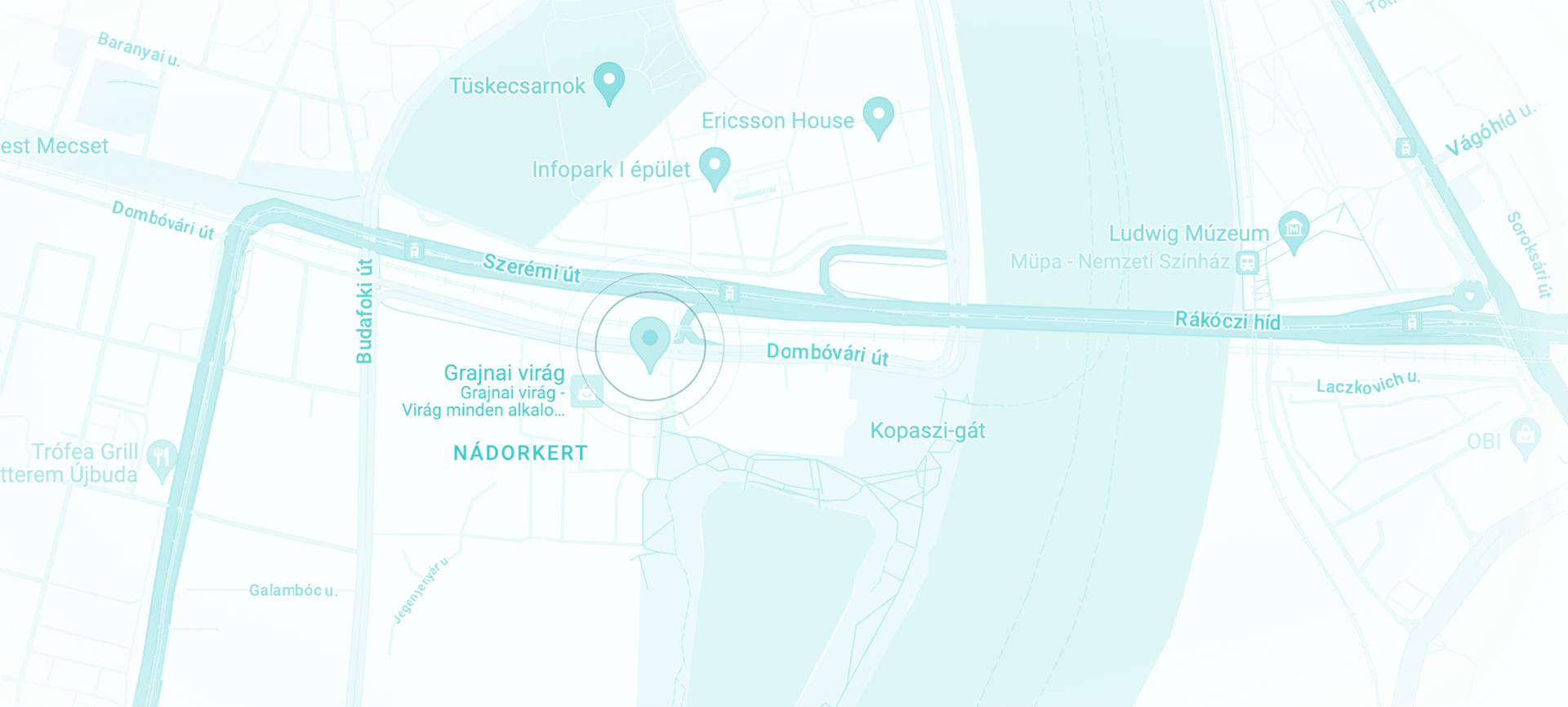
Bank holidays in Hungary 2023
Are you operating a business in Hungary? Then make sure you are aware of all the holidays and special days when your business is supposed to be closed, or special wage supplements are to be paid to your employees working despite. There are 13 bank holidays in Hungary, and a few other special days.
Are you operating a business in Hungary? Then make sure you are aware of all the holidays and special days when your business is supposed to be closed, or special wage supplements are to be paid to your employees working despite. There are 13 bank holidays in Hungary, and a few other special days.
Want to learn about bank holidays in 2026? Click here!
Hungarian bank holidays and other special days in 2023
- 1 January 2023 (Sunday): New Year’s Day
- 15 March (Wednesday): commemoration of the revolution in 1848
- 7 April – 9&10 April (Friday – Monday): 4-day long weekend with Good Friday, Easter Sunday and Easter Monday
- 1 May (Monday): Labor Day
- 28 and 29 May (Sunday and Monday): Pentecost
- 20 August (Sunday): St. Stephen’s Day or the Day of the New Bread
- 23 October (Monday): commemoration of the revolution in 1956
- 1 November (Wednesday): All Hallows’ Day
- 24 December (Sunday): Christmas Eve, “short day”
- 25 – 26 December (Monday – Tuesday): 1st and 2nd day of Christmas
- 31 December (Sunday): New Year’s Eve, “short day”
- 1 January 2024 (Monday): New Year’s Day
Regular working hours
In Hungary, full time employment means 40 hours a week, which is normally distributed 8 hours a day, 5 days a week. For office and factory jobs this usually means Monday through Friday, 8 am to 4 pm, or 9 am to 5 pm. Saturdays and Sundays are rest days. Of course, shops, restaurants, and other business may operate with different opening hours: free-time facilities are typically open in the evening and on weekends, while some services need to be available around the clock. In line with this, you might already be familiar with wage supplements and working time banking.
In 2023, several holidays fall on weekends, which means little change to regular working time. However, a Sunday that is a bank holiday is different from a regular Sunday, so different opening hours, or different wage supplements apply.
Long weekends and exchanged Saturdays
When a bank holiday falls on a Tuesday or a Thursday in Hungary, the preceding Monday or the following Friday is usually made a rest day to create a four-day-long weekend. When that happens, a nearby Saturday is made a working day in exchange for the new rest day. This is regulated by law, and indicated in calendars. However, in 2023 there will be no exchanged Saturdays, as holidays all fall either on weekends, Mondays, or Wednesdays. Click here to learn more about exchanged Saturdays anyway from last year’s overview.
Short days: special days that are not holidays
In Hungary, there are two special days tied to official holidays. These are not bank holidays themselves, but their eves, meaning the preceding days, when people are already in a festive mood. In line with this, shops close early, employees go home early, and public transportation switches to night mode around 4 p.m.
- 24 December, Christmas Eve (Sunday in 2023)
- 31 December, New Year’s Eve (Sunday in 2023)
When planning the workload in December keep in mind that employees might want to leave early on these days, or even take them off. While these days fall on Sundays and will probably not disrupt your normal operations, keep in mind that many people prefer taking vacation days before Christmas and between Christmas and New Year, which may affect your plans.
Consult your HR specialist or your accountant
When planning work loads and business operation, keep upcoming holidays in mind. They may affect your budget through the wage supplements you might be required to pay, and your employees motivation for work, especially on short days. Consult your HR specialist, your payroll specialist, or your accountant to avoid surprises.
The Helpers Team provides comprehensive assistance to foreigners living, working, and doing business in Hungary, from company setup through accountancy to residency application.
Need help? Fill in the form below, and get in touch today!
Was this article useful? Share it with your friends, and follow us on Facebook to never miss an update.
Contact
Contact us today
Monday - Friday
9am - 5pm CET
Helpers Hungary Kft
Budapart Gate
Dombóvári út 27
Budapest 1117, Hungary
If you’re visiting us, please use entrance A and come to the 2nd floor.






